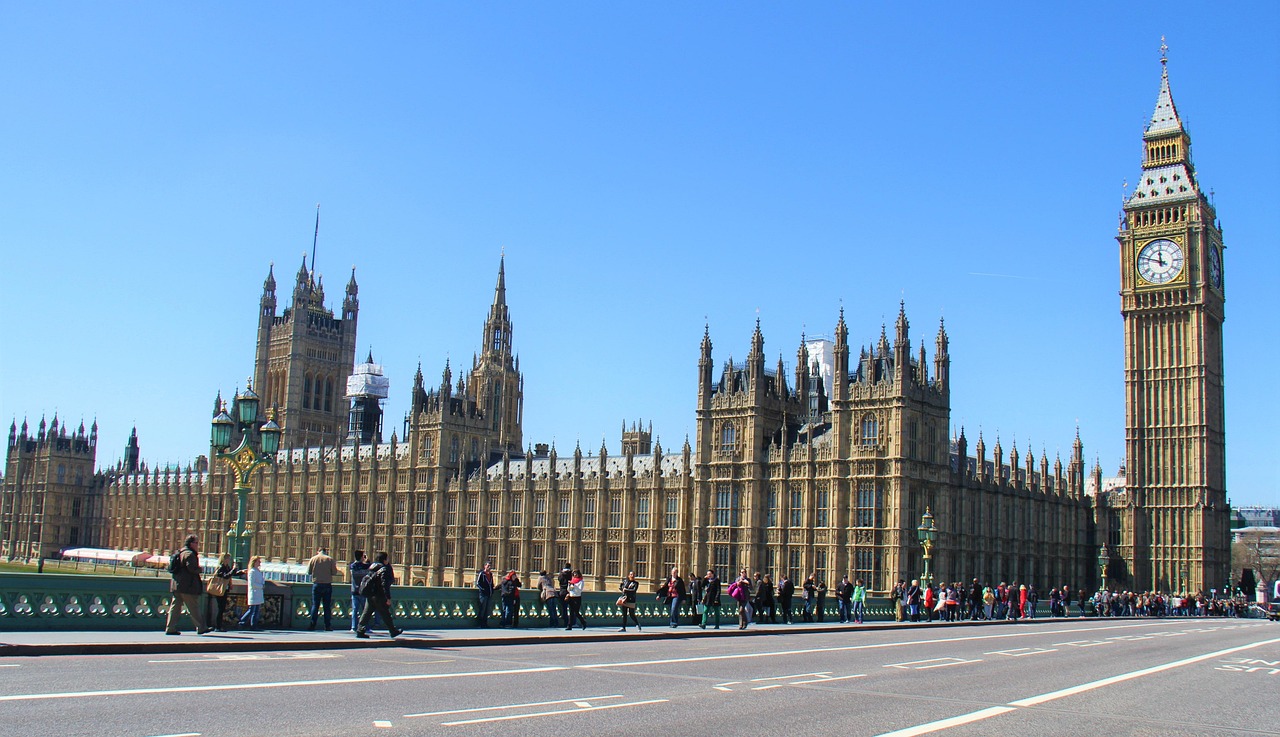
The Low Pay Commission (LPC) has published a report on the future of the National Minimum Wage beyond 2024.
In recent years, the LPC has been setting the National Living Wage based on a target of two-thirds of median hourly earnings. The National Living Wage is now set to reach this target, and so the LPC is now reporting to the government with advice on what its next steps on National Minimum Wage could be.
One of their recommendations is to reduce the difference between the youth and adult rates. From April 2024, the minimum age for National Living Wage was brought down from 23 to 21. The LPC are suggesting that this should be further reduced so that the adult rate will apply to anyone over 18 years old.
The LPC also feel that the Apprentice Rate could be removed. However, they acknowledge the risks this would bring if this were done at the same time as reducing the gap between youth and adult rates for non-apprentices.
Therefore, they are suggesting that the Apprentice Rate is kept, but for those aged over 18, it changes to a discount of the age rate during the apprentice’s first year. This will still mean that the cost of training is acknowledged in the pay rate but allows for an increase in wages.
To see more about the LPC’s proposals, please see:
https://assets.publishing.service.gov.uk/media/6603e9009741c5001139dc1a/The\_National\_Minimum\_Wage\_Beyond\_2024.pdf

From April, people drawing the state pension may see an increase of more than £500 a year, thanks to the government’s triple lock guarantee. The policy means the pension rises each year by whichever is higher: 2.5%, inflation, or average wage growth.

Small businesses looking to expand premises could soon find it easier following new government commitments to make business rates fairer. An interim report from the Treasury says that the Chancellor will examine ways to tackle “cliff edges” in the system - sudden jumps in rates that can discourage investment.
